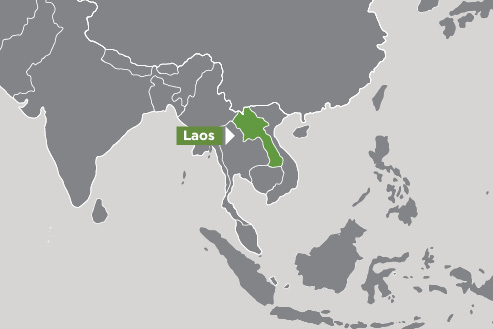Overview
This project aims to advance the state-of-the-art in forest restoration by refining ecological theories that describe how forests re-assemble under various disturbance conditions.
Treatments to direct forest re-assembly across a gradient of disturbance intensities will be tested. Results will enable forest and land managers to accelerate and channel forest recovery toward desired economic, social, and ecological outcomes.
The participatory community survey will identify the forest resources most valued and desired by women, men, elders and youth. This information will inform forest restoration targets for species and products. With communities, the project will examine access to and control over forest resources around restoration sites, to promote equitable distribution of forest benefits. Other analyses will establish the economic costs and benefits of the various restoration treatments and ecosystem services provided by restoring forests. Making the outcomes of management for restoration more predictable, flexible, and beneficial will motivate restoration across a suite of actors.
Through linkages with donor projects, private forestry enterprises, and government activities, project results can be tested in different local contexts, and disseminated among commercial, scientific, public, and development organisations for scaling out. Laos now has the political will to restore forests to counteract the extensive forest loss that for decades has undermined livelihoods, particularly of the most marginalised people. Donor attention to restoration is high, and this project will provide guidance to public and private restoration efforts.
Project outcomes
- Improved scientific understanding of forest restoration as an ecological process: participatory processes to ensure that forest restoration improves social and economic outcomes.
- Policies, measures, and partnerships will generate and apply the learning from FREO to establish pathways for broader uptake of forest restoration.




